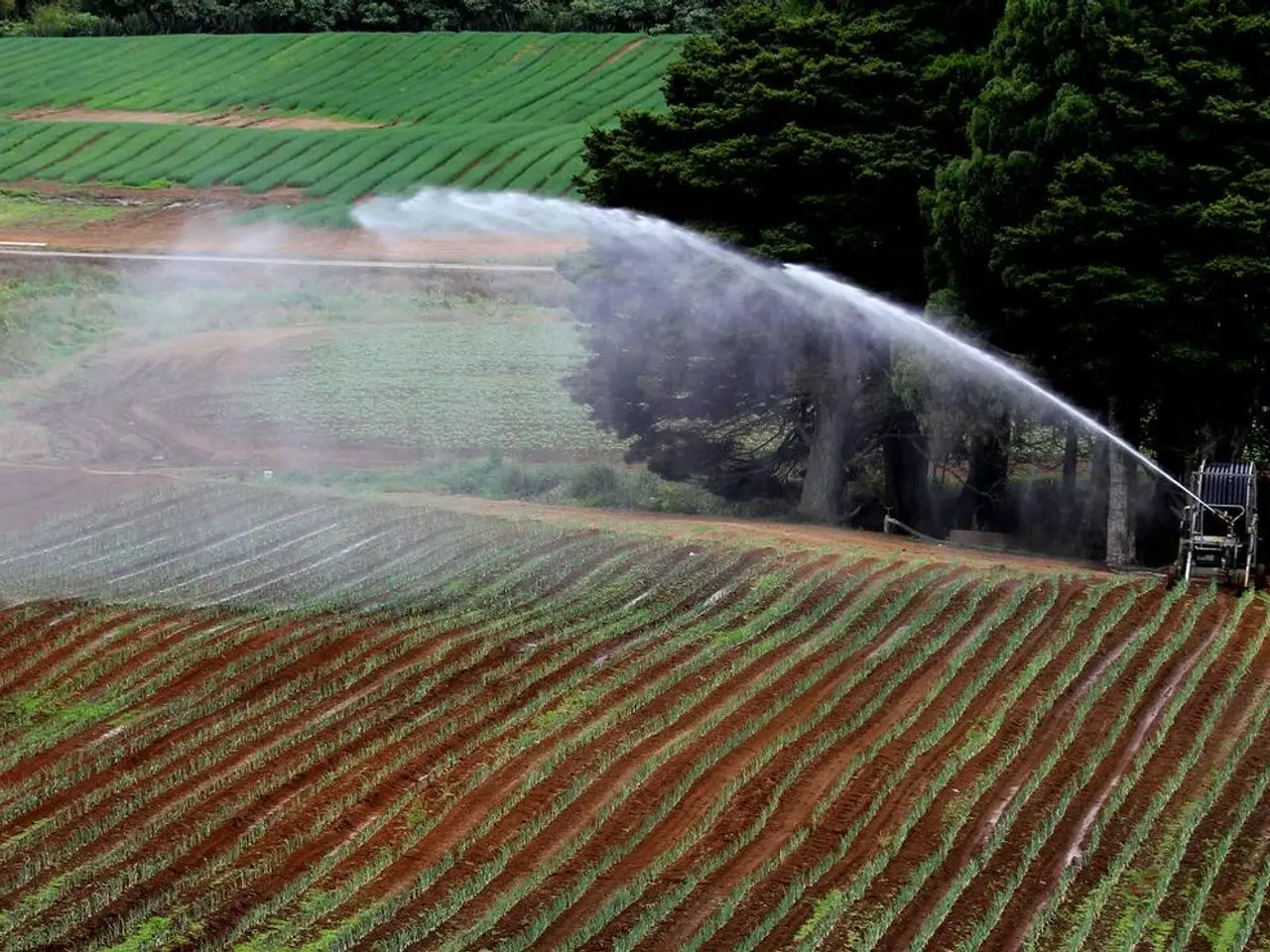Innovative Methods for Modern Agriculture Yield Optimization
In the realm of modern agriculture, the Internet of Things (IoT) is playing a transformative role. By connecting devices and sensors to the internet, farmers can now gather real-time data from their fields, ushering in an era of **Precision Agriculture**. This innovative approach is revolutionising farming practices, enabling farmers to grow more crops on the same piece of land while promoting sustainability.
### The Power of IoT in Precision Agriculture
At the heart of Precision Agriculture lies the ability to collect and analyse vast amounts of data. IoT devices, such as soil sensors, weather stations, and drones, continuously monitor soil moisture, nutrient levels, crop health, pest presence, and environmental conditions. This real-time data empowers farmers to understand the precise status of their crops and fields at any moment.
With this detailed data, farmers can tailor their farming practices to address the specific needs of their crops. For instance, they can apply water, fertilisers, and pesticides in precise amounts only where needed, optimising resource use, reducing waste, and minimising environmental damage.
IoT also enables automation in various farming processes, such as irrigation, greenhouse climate control, and pest management. Automated systems adjust operations based on sensor data, ensuring optimal conditions for plant growth while conserving resources like water and energy.
### Enhancing Yields and Sustainability
The benefits of Precision Agriculture are far-reaching. By maximising yields and addressing specific crop needs, this approach reduces losses from pests, diseases, or suboptimal watering. The result is increased crop productivity.
Moreover, Precision Agriculture promotes resource efficiency and cost savings. Farmers use less water, fertilisers, and pesticides by applying them only where necessary, lowering input costs and environmental pollution.
Environmental Protection is another significant advantage of Precision Agriculture. By reducing chemical runoff and conserving water, this approach helps protect soil health, water quality, and biodiversity.
Climate resilience is also a key benefit, as data-driven insights from IoT help farmers adapt to changing weather patterns and mitigate risks linked to climate variability, supporting sustainable production over time.
In essence, IoT in precision agriculture empowers farmers with timely, actionable data and automated controls that lead to better crop management, higher yields, lower environmental impact, and improved sustainability—addressing key challenges in modern farming driven by population growth and climate change.
Advanced techniques, such as precision farming with automated equipment, help farmers be more efficient and sustainable, making better decisions based on real-time data. From GPS technology for precise planting and harvesting to drones for early problem detection, technology is enabling a new era of smart farming solutions.
Sustainable farming practices, such as crop rotation, organic farming, and water conservation, have a positive impact on the environment, reducing pollution, protecting wildlife, and combating climate change. By embracing these practices and leveraging the power of IoT, farmers can ensure a sustainable future for food production.
- The real-time data gathered from IoT devices, such as soil sensors and drones, in Precision Agriculture allows farmers to understand the precise status of their crops and fields, promoting the adoption of sustainable farming practices.
- The automation of farming processes in Precision Agriculture, enabled by IoT, leads to the optimal use of resources like water and energy, contributing to the reduction of environmental damage and resource waste.
- By tailoring farming practices to the specific needs of crops, Precision Agriculture aims to increase crop productivity while minimizing losses from pests, diseases, or suboptimal watering.
- The data-driven insights from IoT help farmers adapt to changing weather patterns, thereby facilitating climate resilience and supporting sustainable food production over time.
- In addition to the benefits of IoT in Precision Agriculture, advanced techniques like automated equipment, GPS technology, and drones enable smart farming solutions, while sustainable farming practices such as crop rotation, organic farming, and water conservation also play a crucial role in environmental protection and combating climate change.




